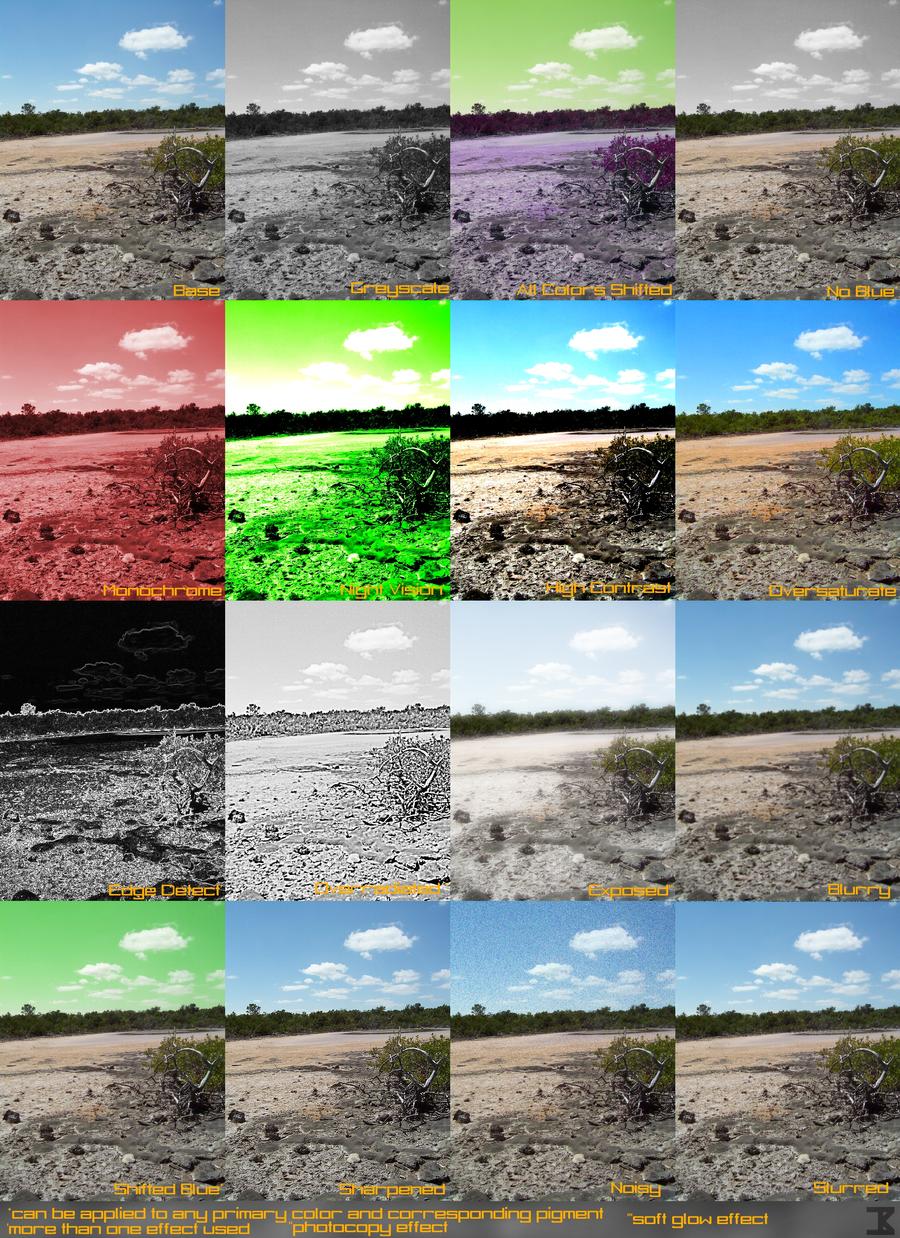Organism Senses: Difference between revisions
Copied over texts from wikidot page |
mNo edit summary |
||
| Line 1: | Line 1: | ||
[[Category:Thrive]] | [[Category:Thrive]] | ||
{{outdated}} | {{outdated}} | ||
In the game, organisms will have a wide array of sensory organs open to them. The game will operate from both a first person and third person point of view; the player chooses when to switch between them. The third person view will have a normal render method, whereas the first person view will have a render method dependent on your creature's senses. Render methods for certain sensory organs are currently [http://thrivegame.forum-free.ca/visual-f17/senses-integration-t11.htm?highlight=senses under discussion]. | In the game, organisms will have a wide array of sensory organs open to them. The game will operate from both a first person and third person point of view; the player chooses when to switch between them. The third person view will have a normal render method, whereas the first person view will have a render method dependent on your creature's senses. Render methods for certain sensory organs are currently [http://thrivegame.forum-free.ca/visual-f17/senses-integration-t11.htm?highlight=senses under discussion]. | ||
Latest revision as of 13:06, 20 June 2020
This page or section contains outdated information. This often happens when plans are changed after something has been written.
In the game, organisms will have a wide array of sensory organs open to them. The game will operate from both a first person and third person point of view; the player chooses when to switch between them. The third person view will have a normal render method, whereas the first person view will have a render method dependent on your creature's senses. Render methods for certain sensory organs are currently under discussion.
How Senses Work
Sensory organs will be added in the Organism Editor and will dictate how the organism - and therefore the player - perceives the world of Thrive. Different types of sensory organ will have different advantages and disadvantages depending on what is being sensed. If the organism is "blind" to a particular type of sensation due to lack of an organ dedicated to sensing it, the player will also have to operate without benefit of that sense.
Render Methods

These are examples of different effects possible to achieve through render methods.
Sensory Organs
In the Organism Editor there will be several different sensory organ categories. These will allow an organism to gather different types of information about their environment. The types of organs are as follows.
Visual
Visual senses cover an organism's sense of sight. There will be many ways to customize exactly the range and clarity of an organism's photoreception, from only seeing darkness or light to having sharp, full color vision. animals can have vision that excels that of a human, but for obvious reasons the player will mot be able to experience this as a change in the way the game looks.
Auditory
Animals can have different levels of acuity of hearing, along with being able to hear different ranges of sound. Echolocation will be possible and will most likely use a render method that only renders bump maps and uses an edge-detection filter.
Gustatory
Sense of taste will allow creatures to distinguish between different foods and what effect those foods have on them. The sense will alert the player if anything odd is detected in their meal.
Olfactory
Smell will appear to the player as streams or clouds of different colors on the screen. Opacity would show the intensity of the smell, and the direction the smell is coming from could be handled by a dynamic texture on the streams of scent. These scent streams will only appear around the olfactory organ of your creature, in a radius of a few meters, fading out as they get further away.